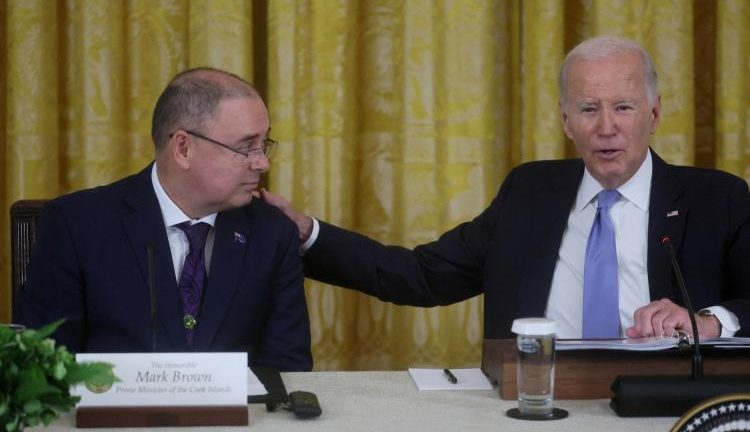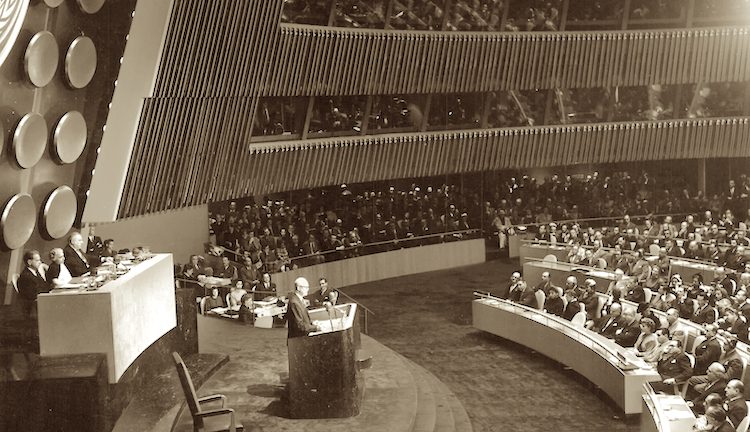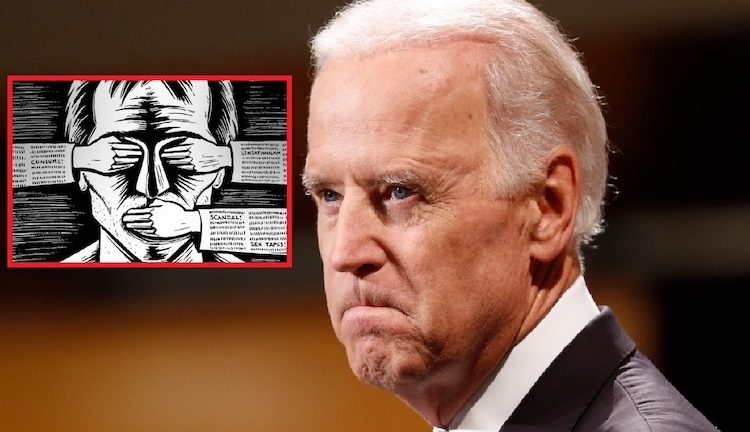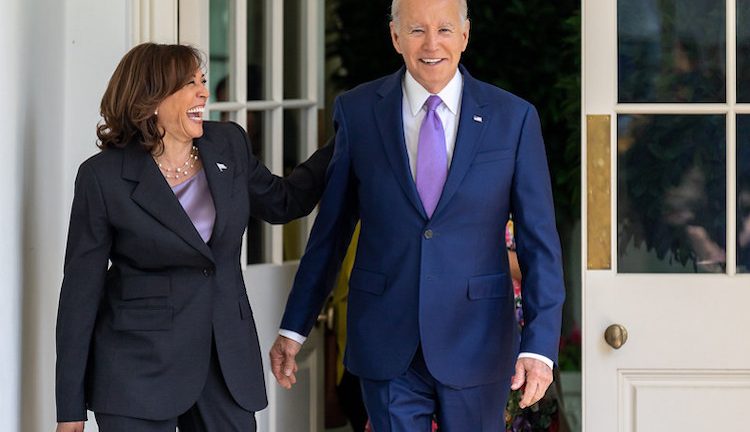By Lisa Vives, Global Information Network NEW YORK | 12 November 2023 (IDN) — An arms race has been breaking records around the world—defying efforts to keep firearms, handguns, and larger weapons from falling into the wrong hands. Of the many countries currently in conflict, 32 are in Africa. The list includes Algeria, Burkina Faso, […]
The US Foreign Policy Elite Leans Towards War
By Jonathan Power LUND, Sweden | 31 October 2023 (IDN) — At last, a book that attacks the “Blob” and holes it below the water line. Whether it can sink it is another matter. I’m talking about a book published by Harvard Professor of International Affairs Stephen Walt, “America’s Foreign Policy Elite and the Hell […]
US Likely to Persist with Renewed Pacific Role Despite Island Nations’ Doubts
Viewpoint by Shailendra Bahadur Singh* SUVA, Fiji | 23 October 2023 (IDN) — Pacific Island nations have been skeptical about the recent revival in U.S. interest in the region. Despite those misgivings, likely, Washington is back for the long haul. China’s rise to a major economy—second only to the United States—is reshaping the world, notwithstanding […]
A Milestone in the History of Nuclear Diplomacy
70th Anniversary of President Eisenhower’s Speech on “Atoms for Peace” By Leonam dos Santos Guimarâes *The writer is a Nuclear and naval engineer (PhD) member of the Brazilian National Academy of Engineering. CEO of Eletronuclear S.A. Coordinator, Brazilian Navy Nuclear Propulsion Program. RIO DE JANEIRO | 23 October 2023 (IDN) — On 8 December 1953, […]
Analysis: Israel’s Hefty Military Might Heavily Reinforced by US Weapons
By Thalif Deen* UNITED NATIONS | 18 October 2023 (IDN) —The ongoing battle between Israel and Hamas is overwhelmingly one-sided—the most powerful military in the Middle East, armed with some of most sophisticated and state-of-the-art American weapons systems vs a ragtag guerrilla force armed largely with shoulder-borne rocket launchers, mortars, drones and small arms. Adding […]
Why the Ugly American?
By Jonathan Power LUND, Sweden | 17 October 2023 (IDN) — American foreign policymakers often wonder aloud why much of the world has such an anti-American reflex. Why the “Ugly American”? Graham Greene would never have written a novel entitled “Ugly Russian” or even “Ugly German”. Not just Iran considers the US the “Great Satan.” […]
New Museum Head Concerned About Human Remains Taken from Graves
By Lisa Vives, Global Information Network NEW YORK | 16 October 2023 (IDN) — Sean M. Decatur, recently appointed to head the American Museum of Natural History, is well aware of the obstacles that could await him in his new job. It’s clear from an essay he wrote for the Chronicle of Higher Education titled […]
CARE Launches Arts for Gender Equality Fellowship
By J. Suresh TORONTO | 8 October 2023 (IDN) — CARE USA has selected eight visionary artists representing countries across Latin America, Africa, the Middle East, and Asia to advance gender equality through creative expression. As the CARE USA’s Arts for Gender Equality fellows, they will seek to harness the power of art to catalyze […]
The US Should Beware of Fuelling Hostility in Bangladesh
By Salah Uddin Shoaib Choudhury* DHAKA. 5 October 2023 (IDN) — On 24 May 2023, US Secretary of State Antony Blinken announced a “visa policy” on Bangladesh, enacted on 22 September 2023. US Ambassador in Bangladesh Peter Haas has documented that this “visa policy” shall also apply to the media members in Bangladesh. Anyone knowing […]
Elected Democrats Are Conformist Enablers of Biden for 2024
By Norman Solomon* SAN FRANCISCO. 4 October 2023 (IDN) — Recent news reports have been filled with results of one poll after another after another showing that President Biden continues to weaken as a candidate for re-election. With an overall approval rating now 21 points underwater, polling shows he has lost support among key demographics that made […]










